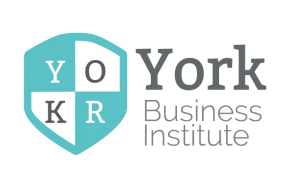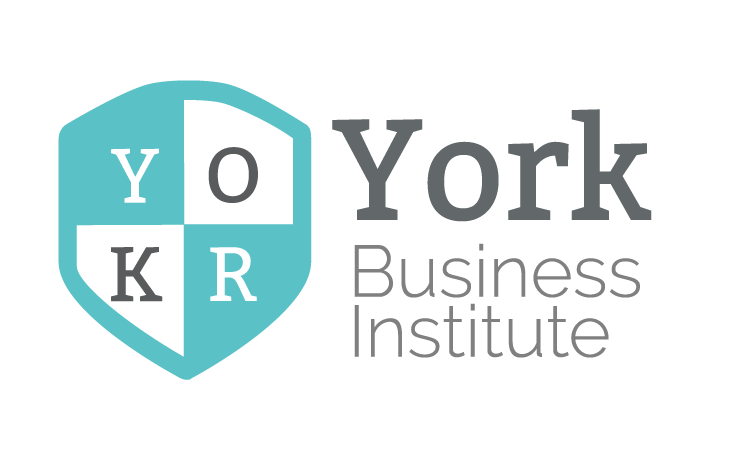Why Study Human Resource Management?
1. JOB DIVERSITY
Studying a HR course opens doors and not just in the field itself. The subjects you undertake lend themselves to a variety of career paths and job positions in human resource management and beyond. Managing people and client relations is an important skill to acquire in business, and this is just one aspect of HR that you can apply to any job. Other useful skills you will learn include organisation, administration, multitasking, presentations, reporting and communication.
2. JOB SATISFACTION
There are numerous things to expect from a career in human resource, but job satisfaction being a prominent factor. Satisfaction with the work that we do is one of the most important factors for employees when choosing a job, and there is plenty of job satisfaction to be found from working in HR. Even in a junior position you will see the direct results of your work very quickly, and you will be able to measure the positive impact you have made on the workplace. Highlights may include offering someone a job position within the company, promoting from within, improving salary and benefits, introducing processes and procedures to improve staff retention and boost staff morale, and training and coaching employees.
3. WORKING WITH PEOPLE
A HR degree or postgrad can be a big plus if you enjoy meeting new people and working alongside clients, colleagues and senior HR management. Working with people is a huge part of any HR role, and so getting to grips with the psychology of human nature will be very beneficial to you in this career. From interview techniques to conflict resolution, you will become an expert at managing staff relations, which will stand to you throughout any aspect of business and life.
4. OPPORTUNITIES TO PROGRESS
Many important decisions are formed by HR departments and it is important to remember that this is a responsibility-laden role from the get go. If this is something you are comfortable with you can do very well and find success fast. Senior HR positions will pay generously because of the level of authority involved which is another great benefit to studying this discipline.
What are the qualities needed to be a great HR specialist?
Here are a couple of important qualities HR professionals should have, according to Elly:
Problem-solving way of thinking
Computers take over many processes, which leads to increasing demand for skills that computers are not good at (skills that cannot be converted into codes), like analysing, evaluating and creating new ideas.
Fortunately, human insight is still needed for this. Also, in Human Resources, the HR analytics part becomes more and more important. In an HR business partner role, you can convince people quicker when you use data and insights as foundation for your advice and decisions.
Collaborating with various people
In a completely globally connected world, employees are supposed to be able to function in any environment. This requires language skills and adaptability, as well as having the ability to be collaborative in a multicultural environment.
Social intelligence
More and more processes will be automated in the future. But, fortunately, computers are still behind human skills in several areas, mainly in the social field and understanding emotions.
That brings us to competence number three: social intelligence. HR people understand what different target groups want and what motivates them to take action. It is important to reach the core of the wishes and needs of these target groups. Then you can respond quickly to their signals.
Creativity
To stay ahead of competitors as an organisation, creativity is needed. As an HR generalist, you should be able to come up with new working methods, improvements and original ideas which make the organisation stand out from the crowd.
Insight into new media
Know how to use different communication channels. Content generated by the user occupies a more prominent place in the business world. Think videos, blogs, podcasts and infographics instead of static PowerPoint presentations.
The ideal employee of the next decade is described as “T” shaped: they have extensive knowledge of at least one topic but are able to translate this knowledge into a wider range of disciplines. As an HR Generalist, it means that you need to know about recruitment and compensation & benefits, but it’s also key to have knowledge about talent management, training developments, legislation and regulations and data analyses.








